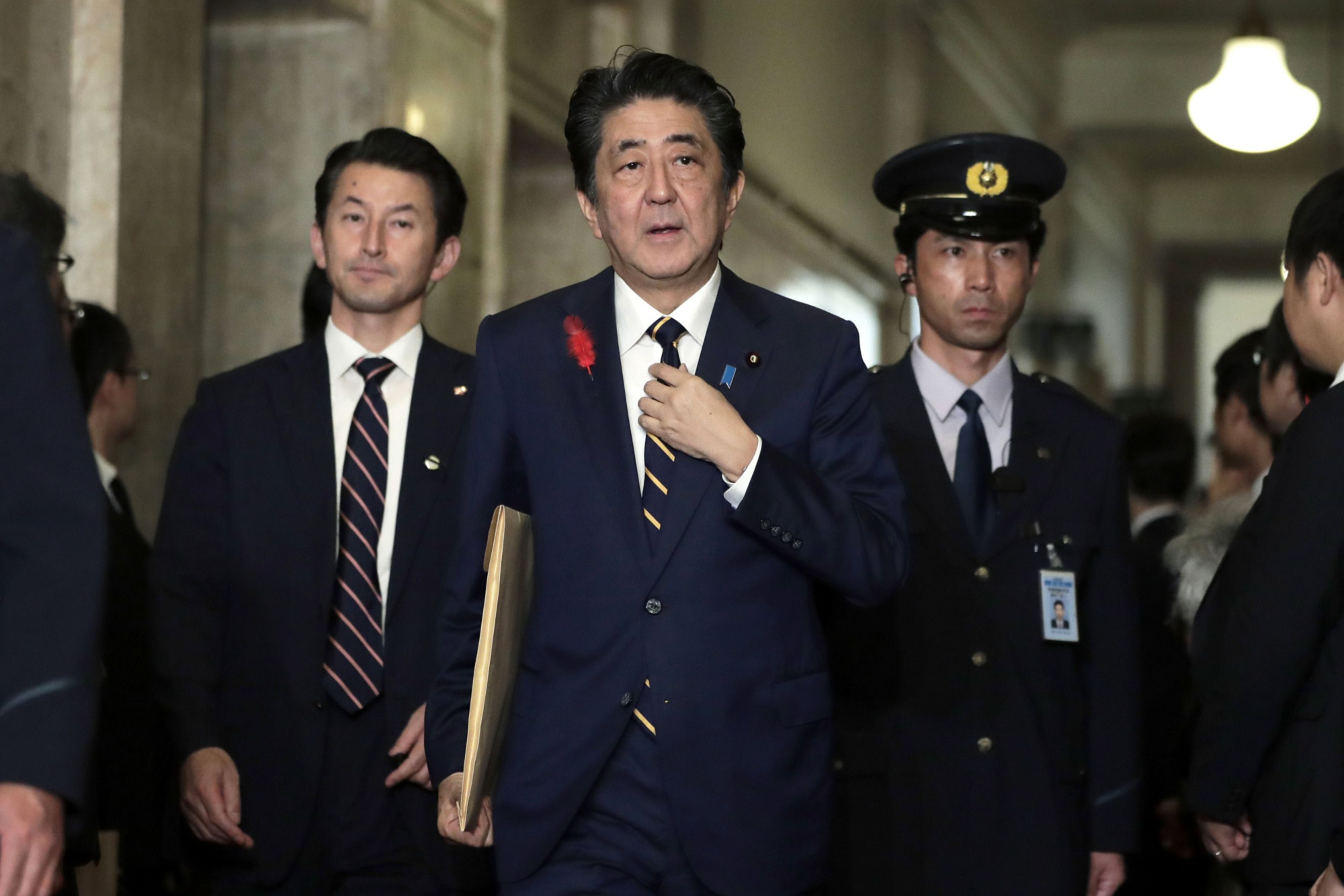When Mario Draghi ended his term as European Central Bank president last week with a call for government policies to be "mutually aligned" with those of his institution, the message came with an unspoken caveat — it might not be enough.
Japan has been attempting such monetary-fiscal coordination since 2013, with a joint statement by the Bank of Japan and Prime Minister Shinzo Abe's administration pledging to work toward 2 percent inflation and sustainable economic growth. Under Abenomics, as the plan based on "three arrows" is known, the price goal was supposed to be achieved in just two years. Six years on, inflation is stuck below 1 percent.
Abenomics followed two decades of deflation dating back to the implosion of the bubble economy in the 1990s. Like the ECB, the BOJ used interest rate cuts and quantitative easing to pump money into the economy, a strategy that helps the government finance its expansionary budget.

















With your current subscription plan you can comment on stories. However, before writing your first comment, please create a display name in the Profile section of your subscriber account page.